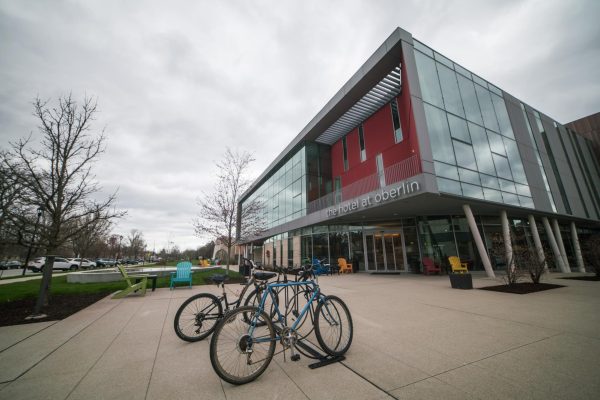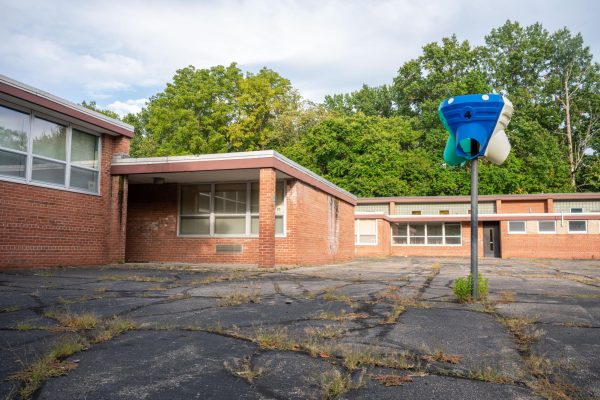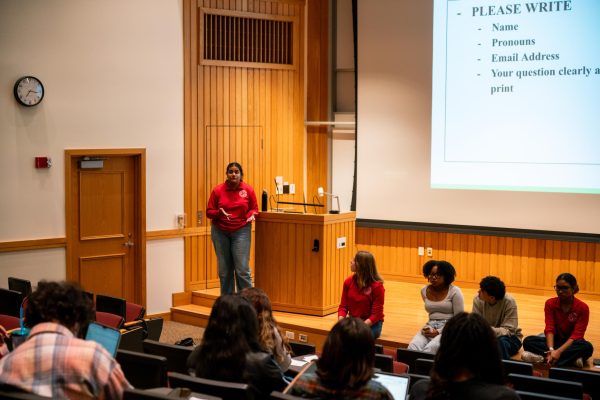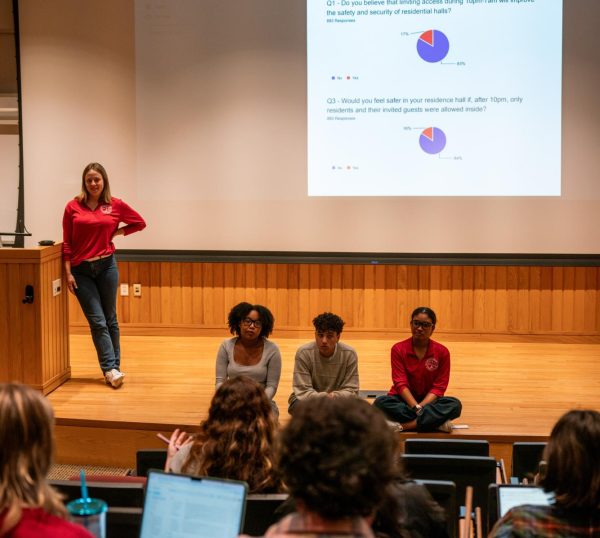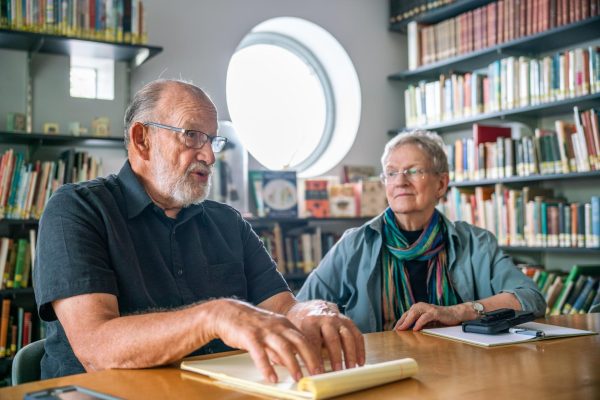Lorain, Ohio Misses Deadline on Medical Marijuana Program
Medical marijuana dispensaries are still inactive in Lorain County even though they were expected to be fully functional by the target date of Sept. 8.
Ohio legalized the use of marijuana for medical purposes in House Bill 523. The bill detailed that the program should be up and running two years after it was approved. More than two years after its passage, medical marijuana is still not available in Lorain County — or anywhere else in Ohio.
State Representative Dan Ramos helped craft House Bill 523 and expressed concern about the delay.
“I’m very worried from a public health perspective,” he said. “We didn’t write a law that said ‘develop a medical marijuana program,’ we wrote a law saying ‘develop a medical marijuana program that is up and running by Sept. 8.’ It wasn’t at all optional. The state of Ohio is currently breaking the law; the Kasich administration is breaking the law. No one seems to be doing anything about it, and Ohioans are suffering, needlessly.”
Since the legalization of medical marijuana in Ohio, Councilmember Kelley Singleton has advocated for the establishment of medical marijuana facilities in Oberlin. Singleton was not surprised that the deadline was missed on the local level.
“The bill itself was so poorly designed for people who are advocates; it was designed greatly for people who didn’t want this.”
Singleton explained, “If you were applying for a license for a small grow facility or a large grow facility, they gave preferential treatment to people who would build new buildings. All these abandoned buildings that we have in the state of Ohio and they demanded that you build a new facility. That doesn’t make any sense, but if you think about it, that adds to the time it takes to get this thing rolling. So … now you have to build a building, rather than you win and now you can move in here and start growing.”
Contrary to Singleton, Ramos felt that the delay had more to do with inefficiency rather than an intentional obstruction.
“I don’t know if it’s logistics or incompetence or whatever, but politically, I don’t know that there would be anyone stopping this. If all you cared about was getting re-elected this [bill] polls well across the board, so politically it makes sense for this thing to be up and running.”
In Lorain County, six doctors have been certified to prescribe marijuana. Of those six, three work for Mercy Health.
“Marijuana remains illegal under federal law, and the federal government has indicated it will enforce federal laws against the drug in states that have decriminalized its production and sale, including for medical purposes,” said a statement from Mercy Health. “Given that, Mercy Health is not at this time asking its physicians to undergo the two-hour training program.”
Ramos explained that he is most concerned about getting people the medical attention they need as quickly as possible.
“We heard from dozens, if not hundreds, of Ohioans suffering from everything from PTSD, to multiple sclerosis, to cancer, to AIDS who said that they know this would help them. I went to Colorado — not on state expense, by the way — and I met a kid who used to have 100 seizures a day. He was maybe 11 or 12 and we were just having a conversation. He was like, ‘Yeah, this is the pill I take, my mom puts the oil in the pill and I take it twice a day. There is absolutely no way I could be here talking to you right now without that medicine.’”
Once the program becomes operational, 21 medical conditions could qualify a patient to be treated with medical marijuana. These include — but are not limited to — pain that is either chronic and severe or intractable, Parkinson’s disease, spinal cord disease or injury, Alzheimer’s disease, all types of cancer, Tourette’s syndrome, and traumatic brain injuries.
As for the future of medical marijuana for the people of Oberlin and Ohio as a whole, Councilmember Singleton remains optimistic.
“Logistically, they just did everything they could to throw stuff in the way, but it’s still coming and it’s going be successful, and it will help a lot of people.”
Ramos is worried about the potential duration of the delay.
“People are suffering,” he said. They had to wait however many years for us to realize that this needed to become legal, then they had to wait another two years knowing that it was legal but they couldn’t get it, and now they’re waiting until maybe December, maybe January, maybe who knows?”
Although, medical marijuana is legal in Ohio, Oberlin College still does not permit recreational or medical marijuana usage on campus.
“Oberlin College is required to abide by the Drug Free Schoools and Community Acts in order to maintain our funding, including financial aid,” said Thom Julian, Director of Student Conduct and Community Standards.
Julain recommends that students contact the Counseling Center and the Office of Student Conduct and Community Standards if students need guidance navigating the policy or alternative options.



